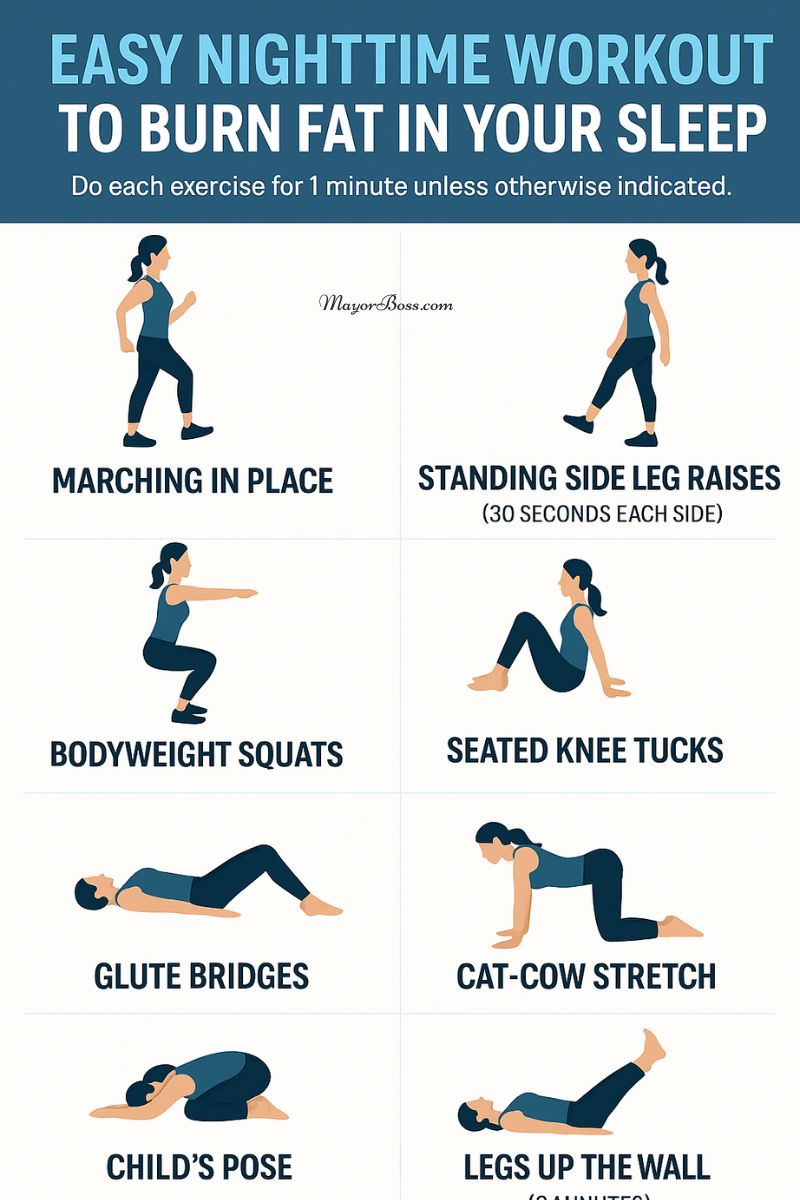Why is It So Hard to Lose Belly Fat?
Why can’t I lose belly fat? Why do people have such a hard time losing belly fat? Losing belly fat is a challenge for many people. This article will explore some of the reasons why it’s so hard to lose weight in this area and offer some tips that might help. In addition, I’ll provide advice specifically for people who want to get rid of their belly fat. So if you’re feeling frustrated with your progress (or lack thereof), read on.
Why is it so hard to lose belly fat?
There are a number of reasons why it can be difficult to lose belly fat. These include:
1. Your belly has a higher amount of fat cells
Everyone has two types of fat cells in their body: alpha and beta. Alpha cells respond better to lipolysis, the process of breaking down fat, while beta cells don’t respond as favorably.
In general, different areas of the body have different amounts of each type of cell. Areas with more beta cells (such as the hips, thighs, and belly) are harder to lose weight from. This is because the beta cells don’t break down fat as easily. In other words, it’s more difficult to burn belly fat because the beta cells in this area don’t respond as well to lipolysis. (1)
2. You don’t have enough leptin in your system
Your body needs the hormone leptin to signal to your brain that you’re full. But as you age, your levels of this hormone decrease, making it harder for you to feel satisfied after eating and more likely to overeat.
Just imagine that you’re trying to lose weight, but your body is working against you by making you feel hungrier than ever. Not fair, right? Unfortunately, this is one of the reasons why it can be tough to lose weight as you get older.
3. You have too much cortisol in your system
Cortisol is a stress hormone that can cause your body to hold onto abdominal fat. When you’re stressed, your body pumps out more of this hormone, which can increase your appetite and lead you to eat more calories than you need.
4. You have insulin resistance
If your body has trouble processing insulin, it’s called insulin resistance. Insulin is a hormone that helps the body process blood sugar. People with insulin resistance don’t process blood sugar as well, so they have higher levels of sugar in their bloodstream. This can lead to weight gain, especially in the abdominal area.
5. You have a slow metabolism
Your metabolism is the rate at which your body burns calories. A slow metabolism means that your body doesn’t burn as many calories, which can lead to weight gain. There are a number of factors that can affect your metabolism, including your age, genetics, and lifestyle choices.
6. You’re not sleeping enough
Sleep plays an important role in weight loss. When you don’t get enough sleep, your body produces more of the hormone ghrelin. Ghrelin is a hormone that increases appetite. So if you’re not getting enough sleep, you may find yourself eating more than you otherwise would. Plus, when you’re tired, you’re more likely to make poor food choices and be less active. Both of these factors can lead to weight gain, especially around the midsection.
7. You’re eating too much sugar
Let’s be honest. We all love sugar. But too much sugar can lead to weight gain, particularly in the belly area. Sugar is high in calories and can contribute to insulin resistance, which, as we mentioned before, can lead to weight gain.
8. You’re not getting enough protein
One common mistake when trying to lose belly fat is not eating enough protein. This can cause muscle loss and make it more difficult to lose fat. A high-protein diet has been shown to boost metabolism and reduce appetite. It can also help you preserve muscle mass during weight loss Thus, eating adequate protein is important when trying to lose belly fat.
9. You’re genetically predisposed to belly fat
Unfortunately, some people are just more likely to store fat in their bellies. This is due to genetics and cannot be changed. If you have a family history of abdominal obesity, you may be more likely to struggle with losing belly fat.
Also Read: 5 Things That Make You Gain Belly Fat
10. You’re not moving enough
Exercise is important for weight loss, but it’s especially important if you want to lose belly fat. When you exercise, your body burns calories. But not all exercises are created equal. Some exercises, like cardio, can help burn calories and promote weight loss. But other exercises, like strength training, can help you build muscle and improve your metabolism. Thus, a combination of both cardio and strength training is the best approach when trying to lose belly fat.
11. You’re drinking too much alcohol
This one’s a no-brainer. Have you heard the term “beer belly”? Well, it’s not just a myth. Alcohol consumption can lead to an increase in belly fat. How? For one, alcohol is an inflammatory substance. Therefore, it tends to cause bloating, gas, and swelling in the body. (2)
But that’s not all. Alcohol is metabolized by the liver, which can lead to an increase in fatty deposits around that area. Additionally, alcohol is also high in calories. So if you’re not careful, those cocktails or glasses of wine can quickly add up. And before you know it, you’re dealing with a belly that’s bigger than you’d like.
Also Read: 5 Types Of Bellies And How To Get Rid Of Them
How to lose belly fat
So now that we know some of the reasons why it’s so hard to lose belly fat, let’s talk about how to lose it. Here are a few tips:
- Cut back on sugar
- Eat more protein
- Get more sleep
- Exercise: a combination of cardio and strength training
- Try intermittent fasting
- Reduce stress
- Avoid processed foods
- Drink plenty of water
- Limit alcohol intake
- Eat more fiber
- Avoid crash diets
- Don’t focus only on spot reduction
By following these tips, you can make it easier to lose belly fat and improve your overall health. Losing belly fat is a journey, and it doesn’t happen overnight.
Also Read: 15 Foods That Will Burn Belly Fat






